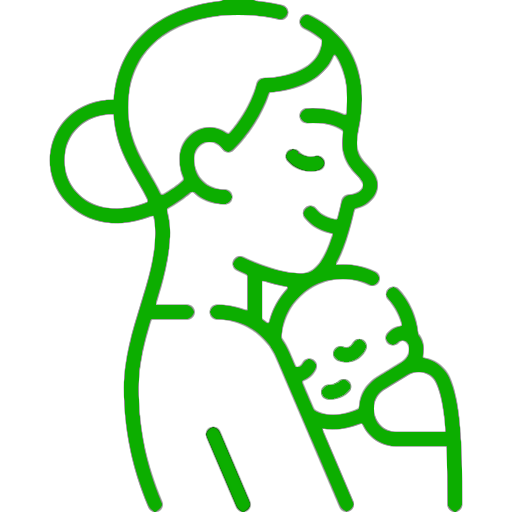Morning sickness symptoms are often caused by pregnancy hormones that affect your body’s sense of smell. This can cause nausea, vomiting, diarrhoea, fatigue, and headaches.

Morning sickness can be caused by many different factors including hormonal changes, stress, nutrition, and even your environment. Some people find that they are able to eat certain foods while pregnant that make them feel better. Others may experience morning sickness symptoms from nausea medications
What Is Morning Sickness?
Morning sickness is a common pregnancy symptom that affects about 70% of pregnant women. It occurs in the first three months of pregnancy and usually lasts from 2-4 weeks. Symptoms include nausea, vomiting, fatigue, headaches, dizziness, and diarrhoea.
It can occur at any time during pregnancy but usually occurs between weeks 6-12. There are two types of morning sickness: hyperemesis gravidarum (severe) and non-hyperemetic. Hyperemesis gravidaruma is characterized by severe vomiting, weight loss, dehydration, electrolyte imbalance, and nutritional deficiencies. Non-hyperemetic morning sickness is milder than hyperemesis, but still causes nausea and vomiting.
What Causes Morning Sickness?
There are many causes of morning sickness including hormonal changes, stress, dehydration, food allergies, and even medications. Some studies have shown that morning sickness may be caused by a lack of serotonin in the brain. Serotonin is a neurotransmitter that helps regulate moods and feelings of well being.
Ways to Cope With Morning Sickness Symptoms
1. Get enough sleep
Sleep deprivation can cause nausea and vomiting, but getting at least 7-8 hours of rest each night will help keep your body functioning properly. If you are having trouble sleeping, try taking melatonin before bedtime. This natural supplement helps regulate your internal clock and may reduce symptoms associated with morning sickness.
2. Eat small meals throughout the day
If you’re feeling nauseous, eating smaller meals throughout the day may help prevent overeating. Try not to eat too much food at once, especially if you’re already full from breakfast. You should feel better after about 30 minutes.
3. Drink plenty of fluids
Drinking water throughout the day will help keep your stomach hydrated and avoid dehydration. Avoid caffeine and alcohol, both of which dehydrate you and make you feel worse.
4. Eat Foods That Are High In Magnesium
Magnesium is an essential mineral that helps regulate your body’s internal functions. It plays a role in over 300 biochemical reactions in the human body. This mineral can be found in foods like dark leafy greens, nuts, seeds, beans, whole grains, and fish. When magnesium levels are low, it can cause nausea, vomiting, diarrhoea, cramps, and headaches.
5. Drink Plenty Of Water
Drinking plenty of water throughout the day can help reduce morning sickness symptoms. Drink at least eight glasses of water per day. This includes both filtered and unfiltered tap water.
6. Try To Avoid Alcohol And Coffee
Alcohol and coffee are both diuretics that cause dehydration. Dehydration makes your body feel bloated and uncomfortable. If you have morning sickness, try to avoid alcohol and caffeine.
This page is based on professional advice from reputable medical and government organizations, such as the American Academy of Pediatrics and the American College of Obstetricians and Gynecologists. This page’s material should not be used in place of professional medical advice. For a complete diagnosis and treatment, always seek the advice of a medical expert.















Leave a Reply
View Comments